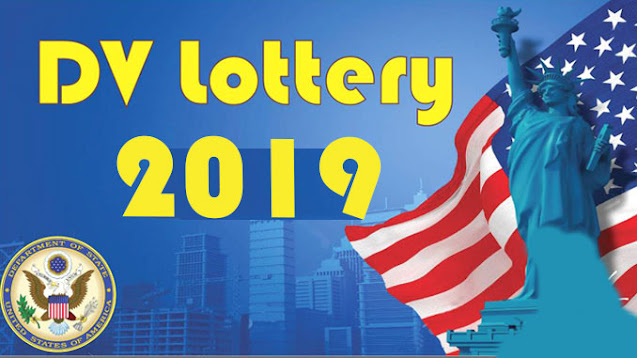President Barack Obama told CNN's Jake Tapper Wednesday that individuals from Congress made a "political vote" by voting overwhelmingly to abrogate his veto of a measure that permits groups of those killed amid the 9/11 dread assaults to sue Saudi Arabia.
"It's a case of why here and there you need to do what's hard. Also, to be perfectly honest, I wish Congress here had done what's hard," he said in a CNN town lobby before a military gathering of people set to air at 9 p.m. ET.
"In case you're seen as voting against 9/11 families just before a decision, as anyone might expect, that is a hard vote in favor of individuals to take. Yet, it would have been the proper thing to do ... What's more, it was, you know, fundamentally a political vote," Obama said, including that Gen. Joseph Dunford, executive of the Joint Chiefs, and Defense Secretary Ash Carter said the enactment was a terrible thought.
The abrogate is the first of Obama's administration - and was bolstered by legislators from both sides. The Senate affirmed the abrogate on a 97-1 vote with Minority Leader Harry Reid the solitary part to maintain the President's veto. Hours after the fact, the vote in the House was 348-77, with one Democratic part voting "present."
Obama called Congress' turn a "slip-up."
"I comprehend why it happened. Clearly every one of despite everything us convey the scars and injury of 9/11. No one more than this 9/11 era that has battled for our sake in the outcome of 9/11," he said.
Congress abrogates Obama's veto of 9/11 bill
Obama said the casualties merit backing and pay, which is the reason the organization set up a casualty's pay reserve. In any case, he said he doesn't trust the capacity to sue Saudi Arabia will be useful for the long haul eventual fate of the US.
"What this enactment did is it said if a private national trusts that having been deceived by fear based oppression - that another nation didn't do what's needed to stop one of its residents, for instance, in taking part in psychological warfare - that they can document an individual claim, a private claim in court," he said. "Furthermore, the issue with that will be that on the off chance that we dispose of this thought of sovereign insusceptibility, then our men and ladies in uniform far and wide could possibly begin seeing ourselves subject to corresponding laws."
He included that the US has set up what is called "status of strengths understandings" that guarantee that when the US sends troops, they're not defenseless against these sorts of private claims. Also, different nations consented to do that on the grounds that the US responded with them.
"The worry that I've had has nothing to do with Saudi Arabia as such or my sensitivity for 9/11 families," Obama said. "It needs to do with me not needing a circumstance in which we're all of a sudden presented to liabilities for all the work that we're doing all around the globe."











